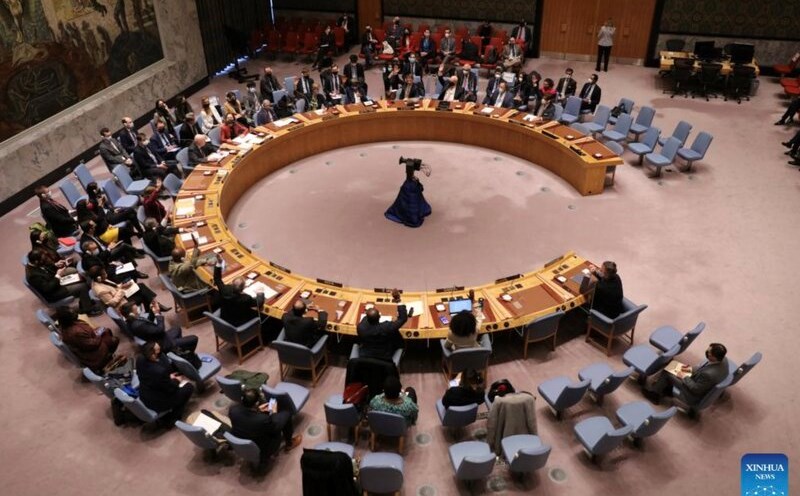On September 29, Iran announced that it had hanged a man accused of spying for Israel, in the context of Tehran conducting the largest execution wave in decades.
Iran has identified the person to be Bahman Choobiasl, accusing him of meeting officials with Israel's Mossad intelligence agency. Notably, Choobiasl has never been mentioned by the Iranian media or death enforcement activists.
The execution comes just days after the United Nations reimposed sanctions on Tehran over its nuclear program.
Mizan news agency - the official mouthpiece of Iran's judiciary - said that Choobiasl has been involved in "sensitive telecommunications projects" and reported on "road routes for importing electronic devices".
Since the June cross-border missile attack on Israel, Iran has suspended nine people, also on charges of spying.
The large-scale Israeli airstrikes on Iran at the time killed about 1,100 people, including many military commanders. In contrast, Iran responded with a series of missiles targeting a series of residential areas in Israel and also caused significant casualties.
In early September, Iran also executed Babak Shahbazi, who was accused of spying for Israel.
However, activists have denied the allegations, saying Shahbazi was tortured to plead guilty after he wrote to Ukrainian President Volodymyr Zelensky, volunteering to fight in Kiev.
In recent years, Iran has faced continuous nationwide protests, stemming from economic dissatisfaction, demanding women's rights and calling for changes to the system of power.
In response to the protests, Iran has accelerated the pace of execution on an unprecedented scale since 1988, when thousands of people were executed at the end of the Iran-Iraq war.
According to the Iran Human Rights Organization based in Oslo and the Abdorrahman Boroumand Human Rights Center in Washington, D.C., the number of people executed in Iran in 2025 has exceeded 1,000, and the actual figure may be even higher because not all executions are reported publicly.









